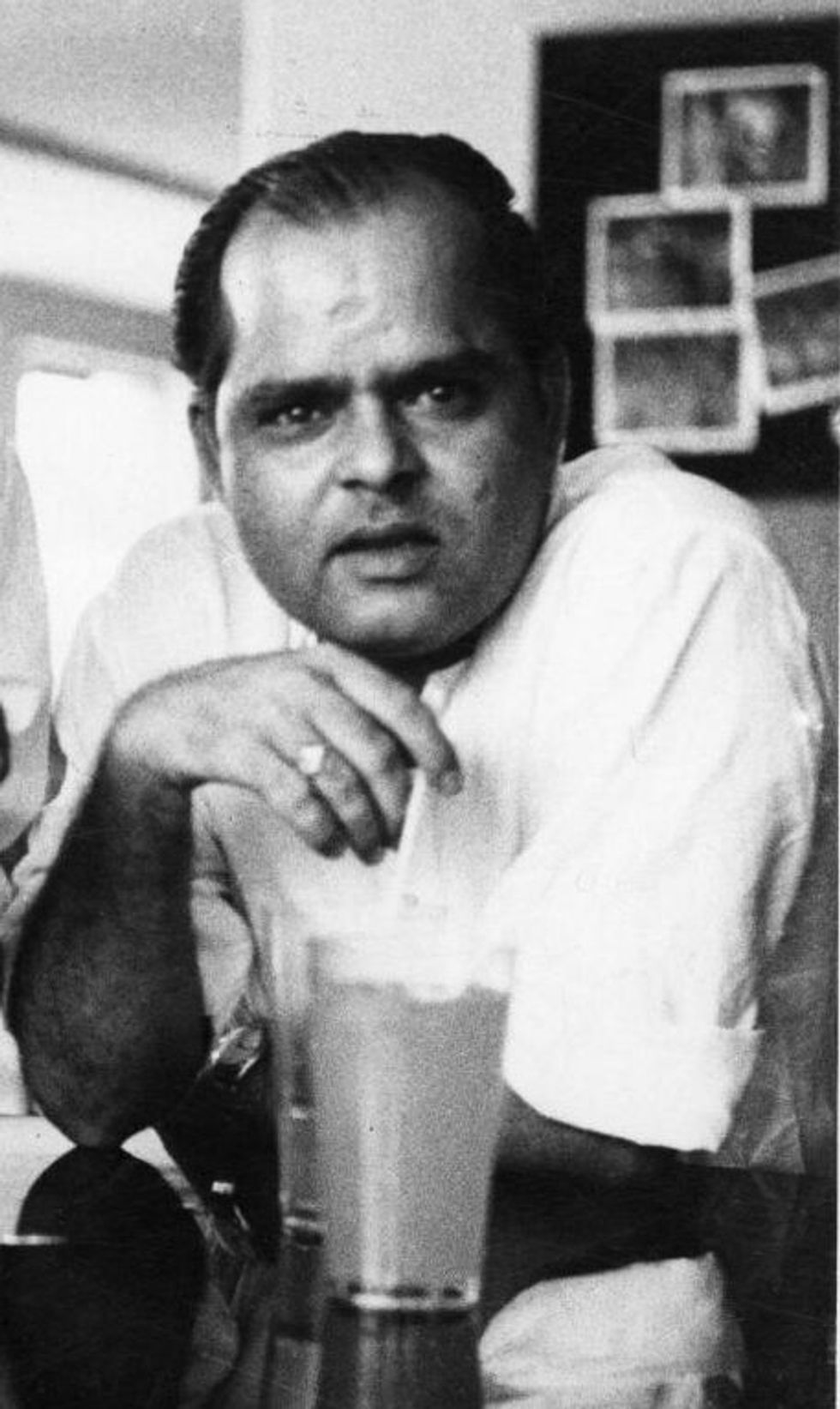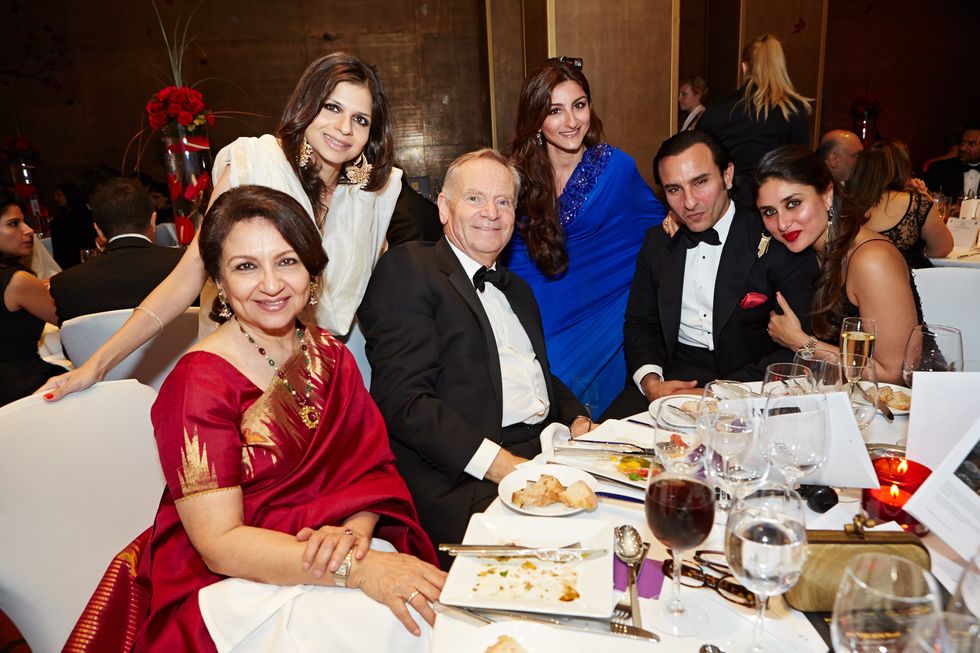DO YOU often feel overwhelmed by people or situations? Perhaps you have been labelled “too sensitive” for feeling things deeply or for avoiding conflict.
If so, you’re not alone. Most of us are born with a natural sensitivity. As children, we freely express ourselves through a wide range of emotions.
However, as we grow, societal pressures often dampen this innate sensitivity, making us feel like damaged goods. From well-intentioned parental advice to “toughen up,” to the classroom stigma of being “shy” or “quiet,” we are encouraged to suppress our emotions, while being told we’re not good enough.
Cultural factors may also play a role, with blunt critiques from judgemental relatives reinforcing the belief that sensitivity is a flaw.
But sensitivity is a superpower, not a weakness. Sensitive people can empathise, connect deeply and bring creativity and passion to the world.
Yet, without proper understanding and support, these strengths can be overshadowed by challenges like having issues with boundaries, people-pleasing behaviour and low self-esteem.
Sensitive people often experience low self-esteem and shame because they’re made to believe or feel like they don’t fit in or are “different.” The internal turmoil caused by feeling inadequate can be a significant contributor to mental health conditions.
If society truly valued sensitivity, we might see a dramatic shift in the prevalence of issues like anxiety, depression and social phobia.
Campaigns encouraging open dialogue, such as “it’s okay to talk,” are a step in the right direction, but they don’t address the root of the problem.
We need a fundamental change in how we perceive and support sensitive individuals.
The good news is that sensitivity can be managed and harnessed. I recently interviewed expert psychotherapist Jonathan Hoban on Healing Place (podcast), who has developed a ground-breaking model called ‘sensitivity management’.
This approach identifies up to 18 negative traits of sensitivity, including boundary issues, impatience, overthinking, people-pleasing, low self-esteem and shame, while cultivating up to 18 positive attributes like empathy, passion, charisma, intuition, creativity, humility, and authenticity. By flipping the switch on these negative traits, you can tap into your potential gifts and transform how you navigate the world.
To achieve this, the sensitivity management model encourages a journey inward. It begins with self-regulating techniques like grounding, exercise and meditation to manage emotions and maintain perspective. Energy management strategies are essential for reducing stress hormones to prevent burnout. And using positive traits while mitigating negative patterns can create a sense of balance and well-being.
Understanding and managing your sensitivity is possible, and it’s a journey, not a destination. It’s about self-discovery, self-compassion, and ultimately, self-empowerment.
Remember, being sensitive is okay. It’s a quality that can enrich your life and the lives of others. With the right tools and support, you can turn your sensitivity into a powerful force for good.
I will leave you with this quote from Kerli: “Your life is your canvas, and you are the masterpiece.
There are a million ways to be kind, amazing, fabulous, creative, bold, and interesting.” Instagram: @itsmitamistry @healingplacepod






 Reshammiya in Badass Ravi Kumar
Reshammiya in Badass Ravi Kumar











 Private schools have been impacted by the 20 per cent VAT imposed on them
Private schools have been impacted by the 20 per cent VAT imposed on them
 Manpreet Singh
Manpreet Singh Anuja
Anuja Arpita Singh
Arpita Singh Yeh Jawaani Hai Deewani
Yeh Jawaani Hai Deewani Baby John
Baby John Punjab 95
Punjab 95 Karan Veer Mehra
Karan Veer Mehra Roshan
Roshan Emergency
Emergency


 The actor with Kareena Kapoor, Sharmila Tagore and Saba Ali Khan
The actor with Kareena Kapoor, Sharmila Tagore and Saba Ali Khan Sharmila Tagore, Saba Ali Khan, Lord Jeffrey Archer, Soha Ali Khan, Saif Ali Khan and Kareena Kapoor at a 2013 event
Sharmila Tagore, Saba Ali Khan, Lord Jeffrey Archer, Soha Ali Khan, Saif Ali Khan and Kareena Kapoor at a 2013 event Saif's father, Nawab of Pataudi, Mansur Ali Khan
Saif's father, Nawab of Pataudi, Mansur Ali Khan